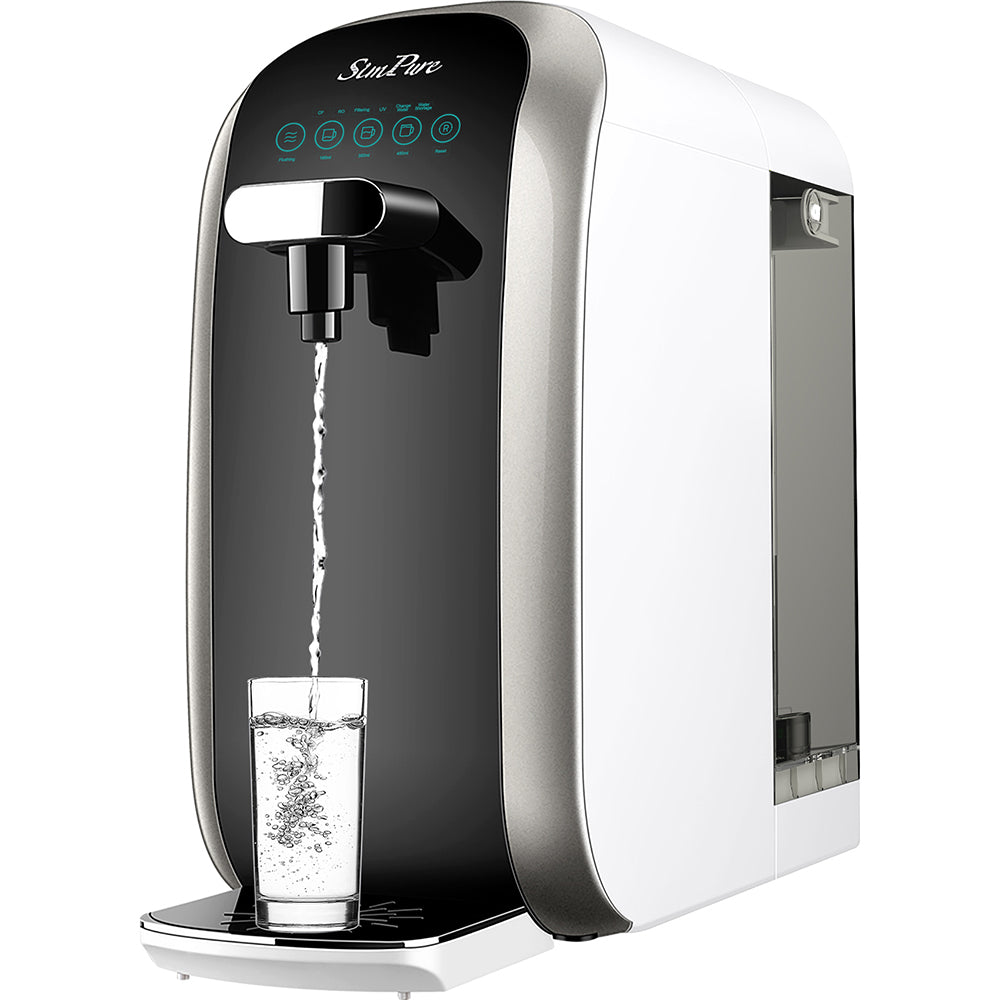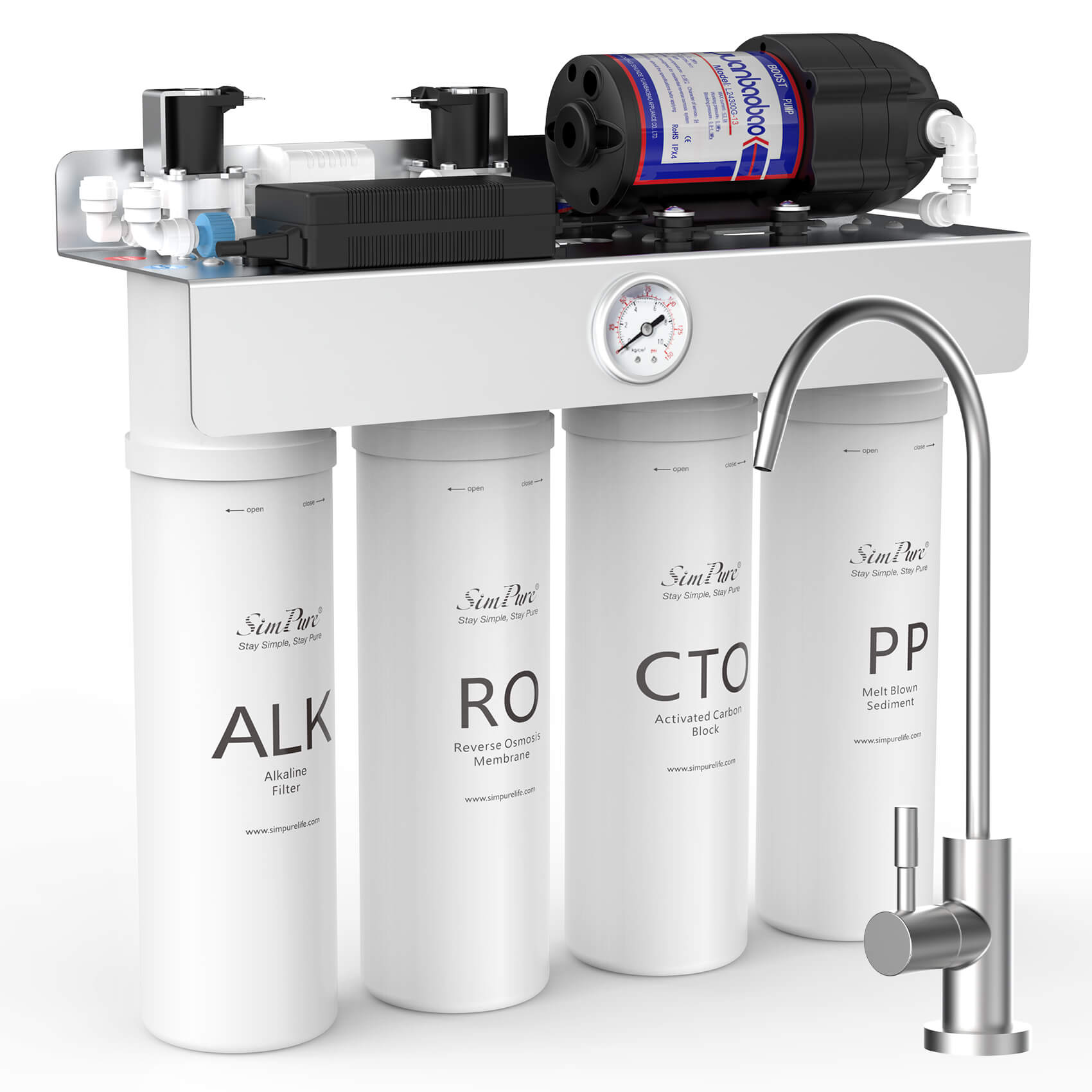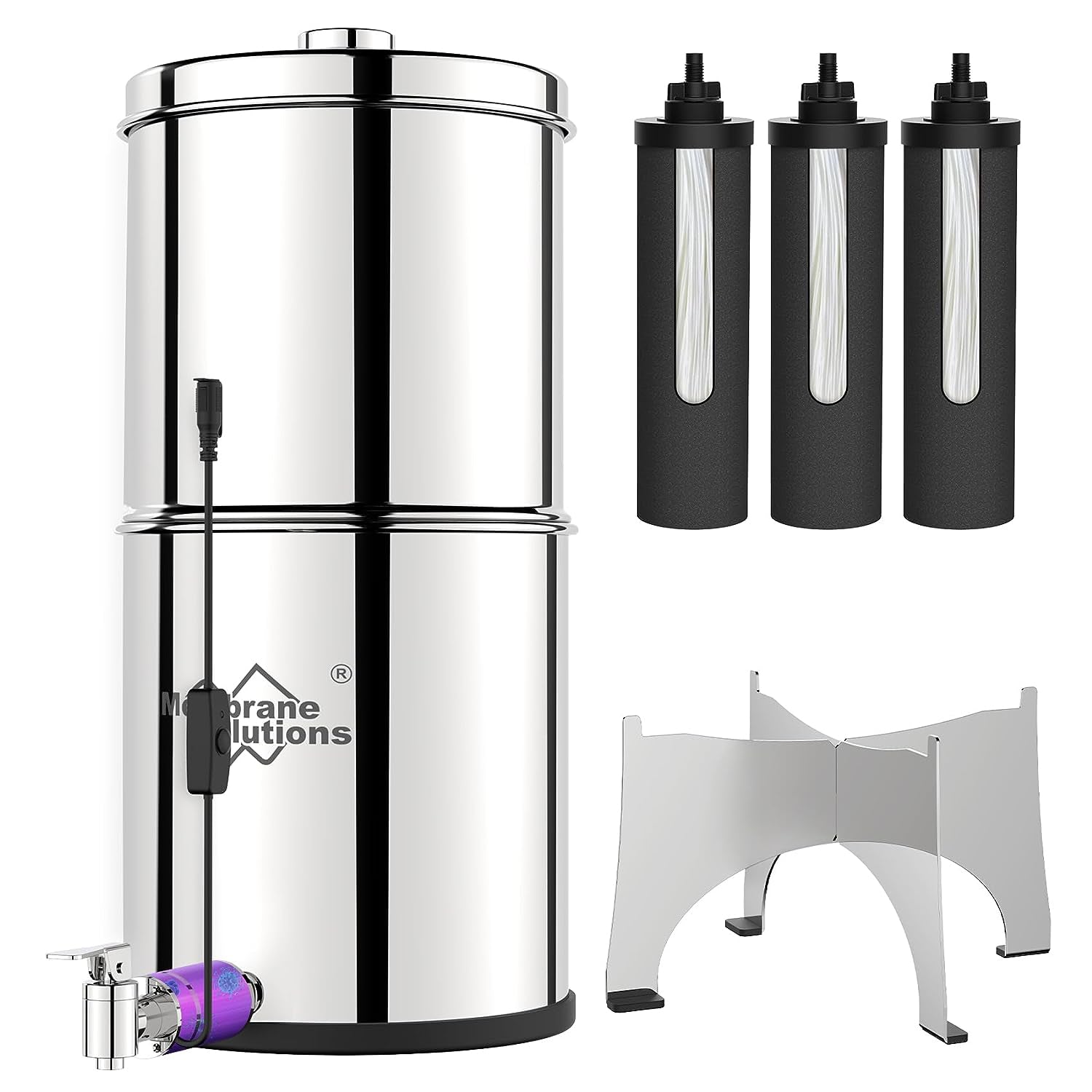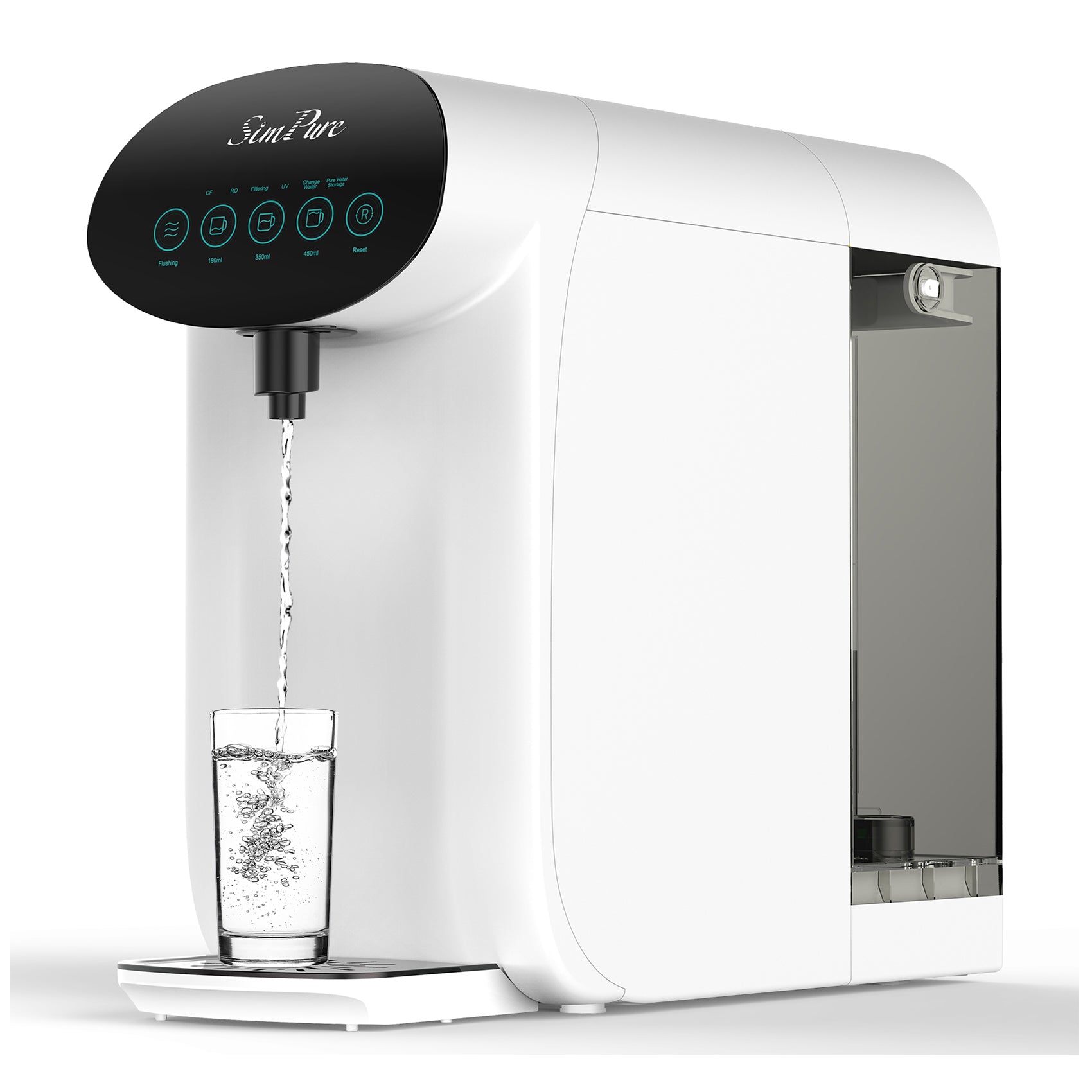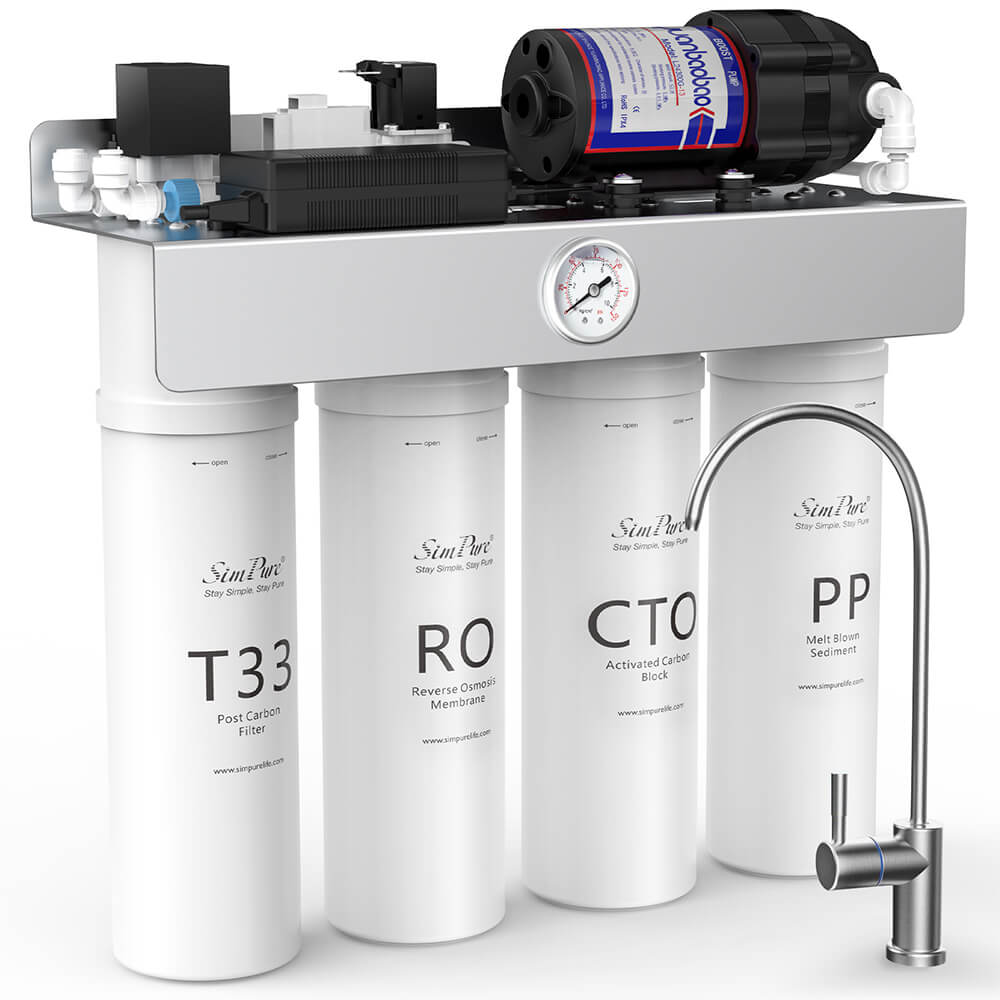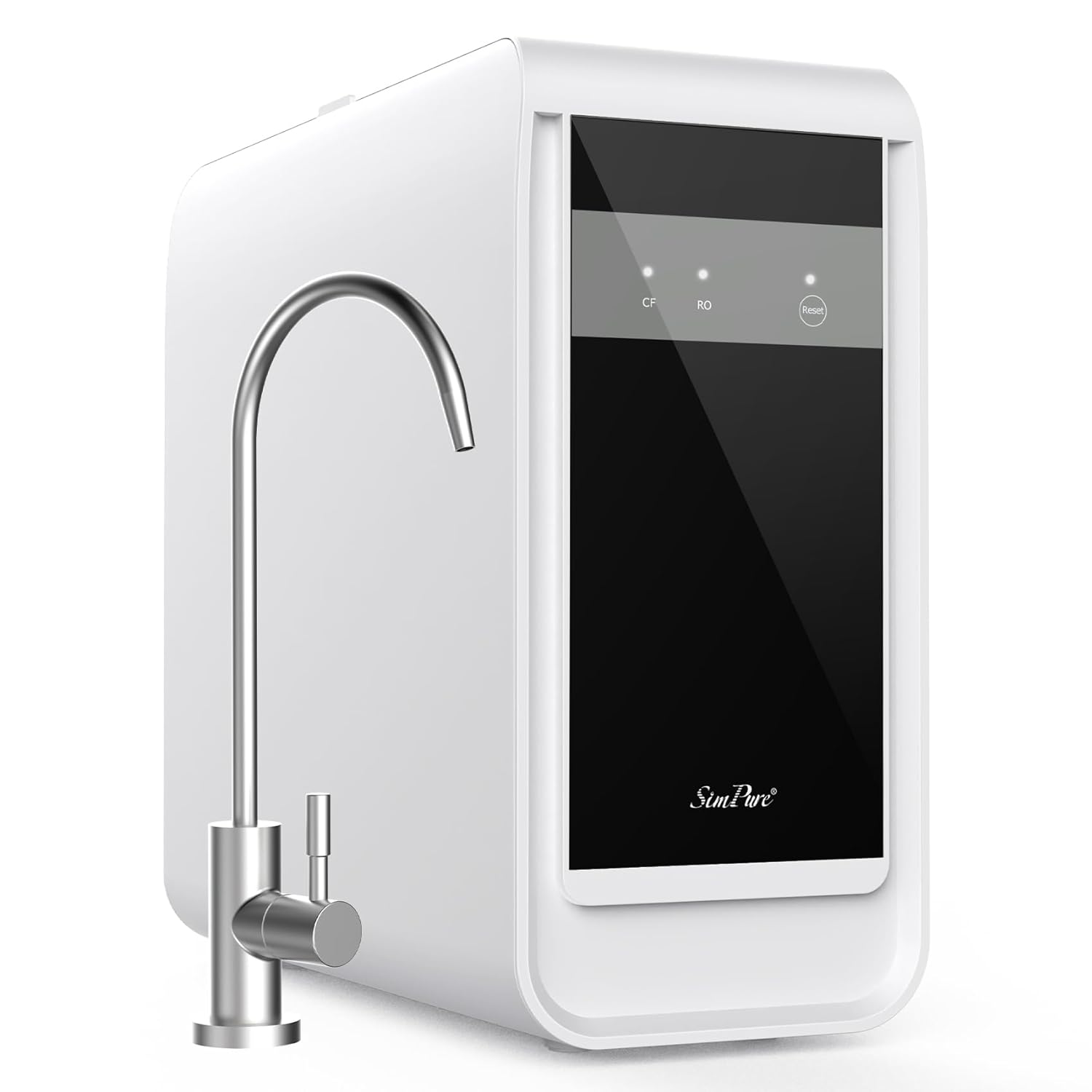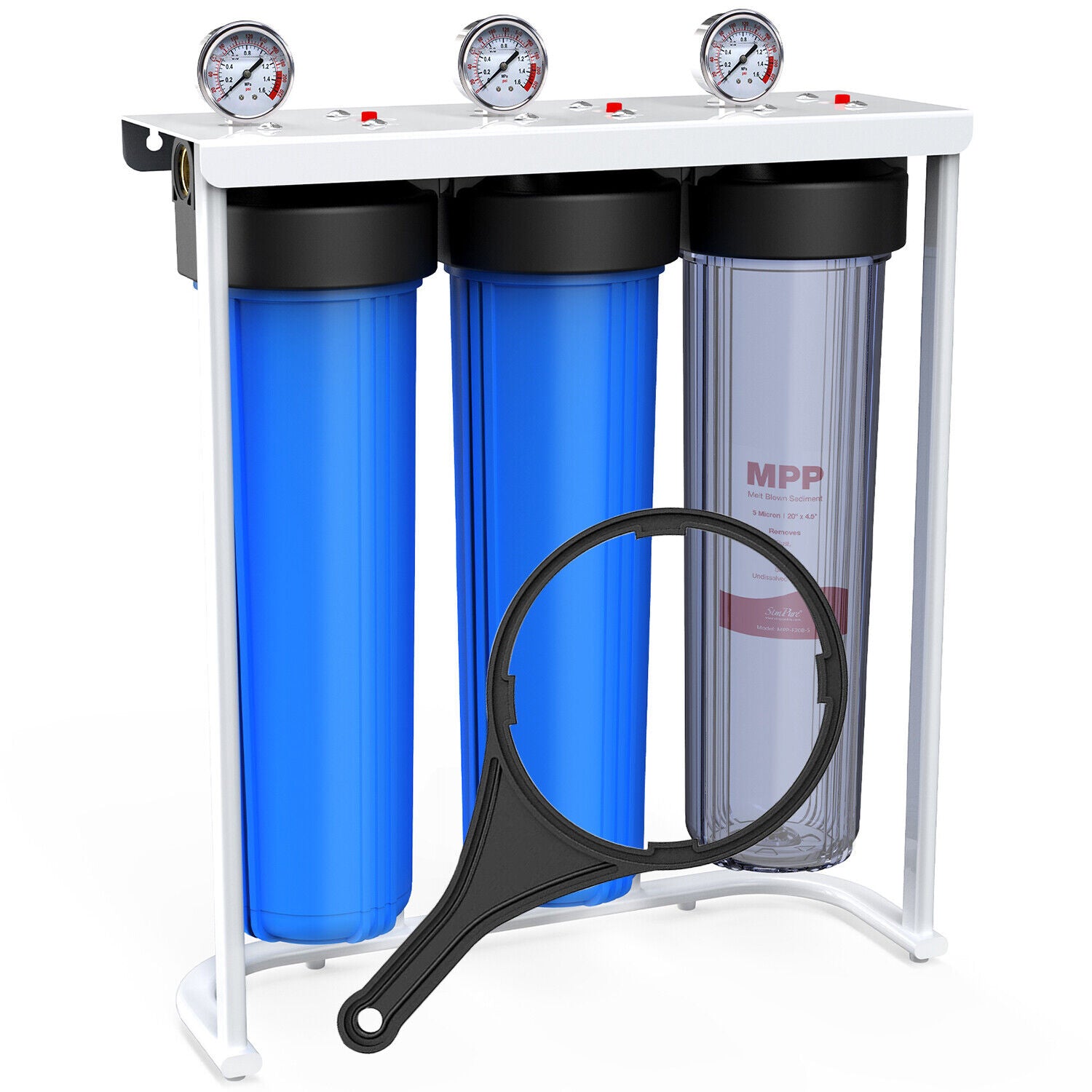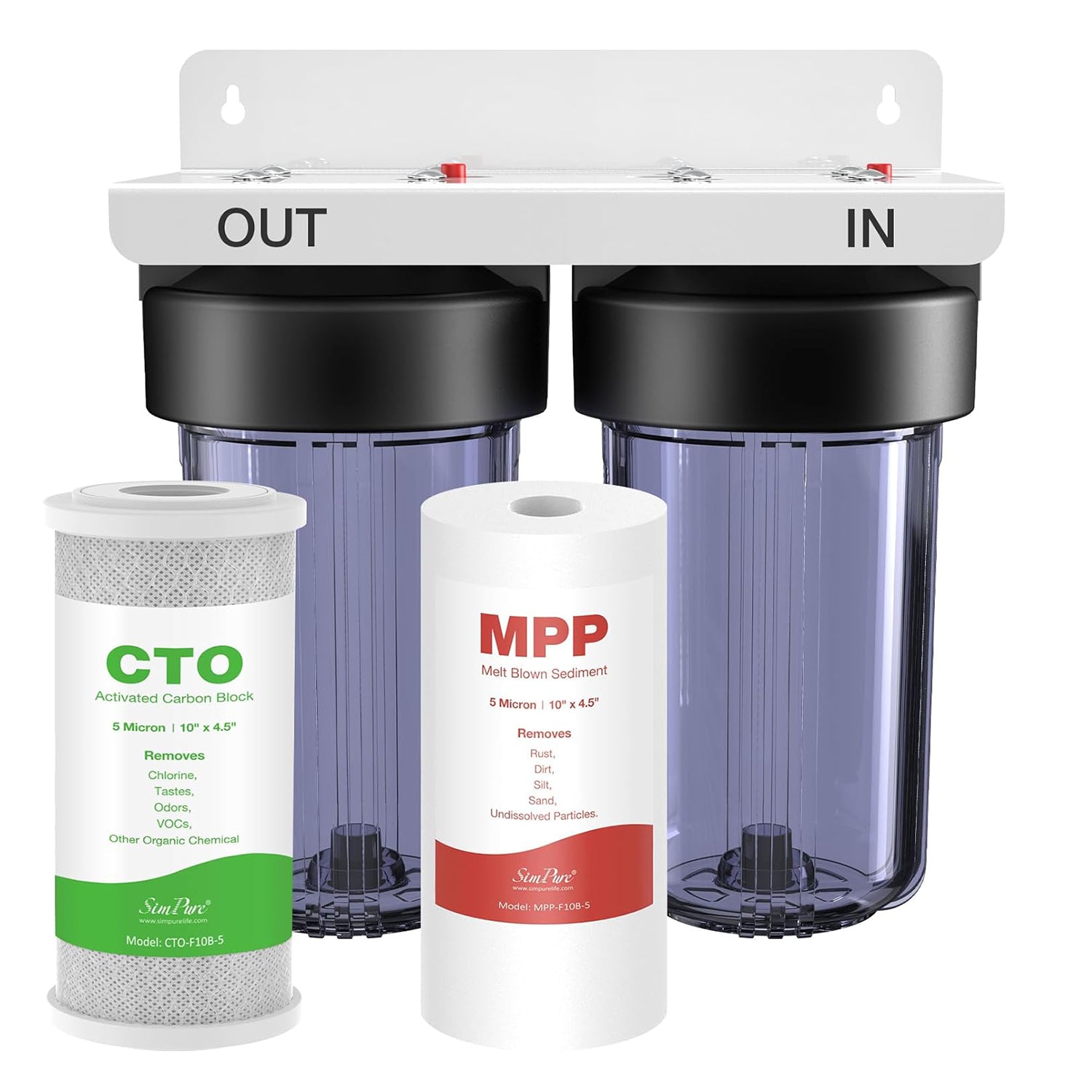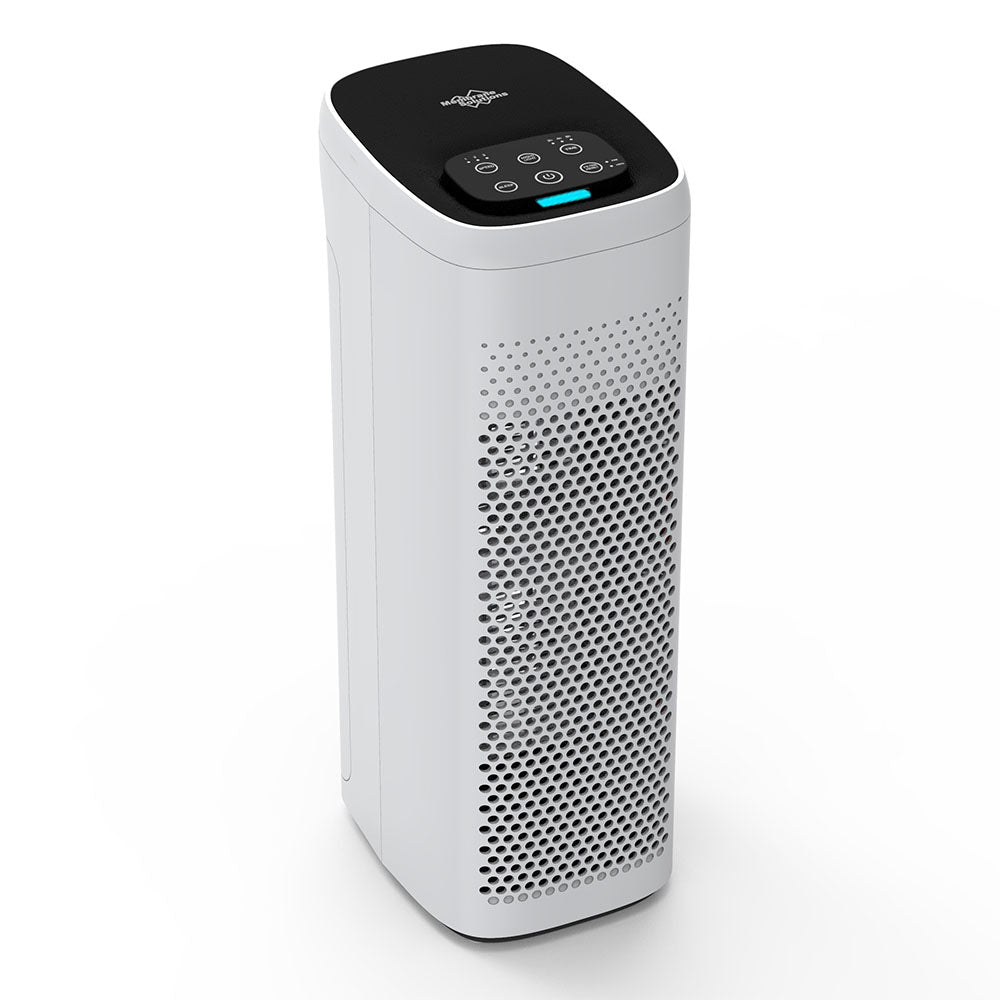The use of chlorine, or chlorine dioxide, is a cost-effective type of tap water sterilization that is widely used in many parts of the world. This powerful substance used to sterilize will be retained in large quantities in tap water, so is chlorine harmful to the human body? If yes, what can you do to remove or take out chlorine? Then does boiling water remove chlorine? Can you boil chlorine out of water? Just keep reading!
Why Remove Get Rid of Chlorine From Water?

Joseph Price, M.D., wrote in "Coronary Artery Thrombosis, Cholesterol, Chlorine": "Chlorine in tap water is the basic cause of arteriosclerosis and heart failure and most common sudden diseases."
The International Center for Research on Cancer (IARC) divides chlorine into a "third category" in the "Carcinogenic Classification", which is the same level as caffeine, meaning that "there is currently insufficient data to determine whether the substance is a human carcinogen.".
Residual chlorine in water, while essential for sterilization, can pose chronic and subtle health risks. The long-term inhalation of low chlorine concentrations can generate harmful free radicals, accelerating aging and causing conditions like rhinitis, bronchitis, and even cancer. Chlorine also depletes nutrients in food, hindering absorption. Bathing in chlorinated water can lead to skin and respiratory issues, with potential carcinogenic effects.
Studies also indicate a link between long-term consumption of highly chlorinated tap water and elevated cancer risks. Despite the World Health Organization's 5mg/L standard, tap water is often maintained at lower chlorine levels for safety. Careful consideration of chlorine exposure and water treatment methods is vital to mitigate these health concerns.
Will Boiling Heating Water Remove Reduce Chlorine From the Water?

Since the chlorine in water is that harmful, if you boil water does it remove chlorine? Yes, boiling water can effectively reduce or remove chlorine from tap water. The process of boiling causes the chlorine to evaporate into the air, leaving the water with a reduced chlorine content. This results in improved taste and odor, making it a convenient and practical way to enjoy chlorine-free water
How Long to Boil Water to Remove Chlorine?
The most commonly used chlorine-containing disinfectants in waterworks are liquid chlorine, sodium hypochlorite, and chlorine dioxide. Chlorine dioxide is generally used in small water plants, and large and medium-sized water plants usually use liquid chlorine and sodium hypochlorite. The free residual chlorine remains in the water at the end of the pipe network for a short time, and it is usually mostly eliminated after receiving water for about half an hour.
The researchers heated tap water with household automatic electric water cookers and beakers, respectively, to detect the free residual chlorine content after boiling. After the electric water pot is boiled, the power is automatically cut off, and the beaker water is boiled for 1 minute. The results showed that the free residual chlorine content of tap water would range from 0.2 mg/L before heating to undetected levels. So does boiling tap water remove chlorine? Yes, this is well explained that heating and boiling can effectively remove chlorine from tap water.
What's more, chlorine-containing disinfectants will generate some disinfection by-products in the process of disinfection, of which halomethane is currently more concerned and more studied. Trihalomethane is the most abundant disinfection by-product, mainly including trichloromethane, tribromomethane, monochlorodibromomethane, and monobromodichloromethane. The biggest feature of halomethane is that it is extremely volatile, so boiling can effectively remove chlorine from water.

Then Does Boiling Water in a Kettle Remove Chlorine?
Of course. It is the same. The researchers used a common household kettle and added a certain amount of 6 halogenated methanes (trichloromethane, monobromodichloromethane, monochlorodibromomethane, tribromomethane, chloroiodomethane, and diiodomethane) to pure water. Immediately after the water boils, pour it into a beaker to cool naturally, and the water sample can be reduced to room temperature for about 30 minutes. Then measure the removal rate of 6 halogenated methanes. The results showed that the removal rate of 6 halogenated methanes reached 80%-98%. So does boiling water reduce chlorine? Yes, this further illustrates that the vast majority of chlorine can be removed by boiling, thus the chlorine content in water is well reduced.
Researchers also compared the removal rates of openness after boiling and covered cooling. It was found that the removal rate of chloroform during capped cooling decreased by 8%; Monobromodichloromethane decreased by 31%; Chloroiodomethane decreased by 38%; Monochlorodibromomethane decreased by 36%; Tribromomethane decreased by 20%; Diiodomethane fell by 2 percent. This shows that the capping effect of halomethane during the cooling process is greatly reduced. So after the water has boiled, we need to open the lid to cool the boiled water.
At the same time, when you get rid of chlorine by boiling water, the tap water should indeed continue to boil after boiling. But there is no need to wait for three minutes, almost one or two minutes. After boiling, a small fire is conducive to the volatilization of residual chlorine. Tap water itself contains some minerals, which do not drift away with the water vapor but are always in the water. The longer it burns, the easier it is to cause mineral precipitation (i.e., water scale).
Alternatives for Chlorine Removal From Water
For this, you can read our previous article on how to remove chlorine from water. If you have a higher health need or have babies or the elderly at home, it is also wise to choose to install a water purifier.The reverse osmosis water purifier is the best choice, it uses activated carbon and reverse osmosis membrane deep filtration, can effectively remove residual chlorine, bacteria, viral organic pollutants, and heavy metals, and other harmful substances in the water, so that the water quality is safe and healthy. The best way to ensure the safety of household drinking water is to filter the drinking water with a water purification terminal.
In conclusion, does boiling water remove chlorine? The answer is yes, and you should keep the lid open when the water is boiled and do not boil the water for too long. Another choice to get rid remove chlorine from water is to install a RO water filter system.





